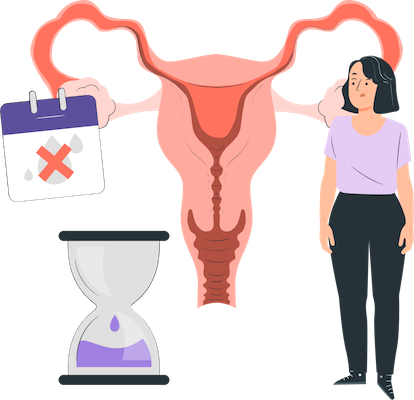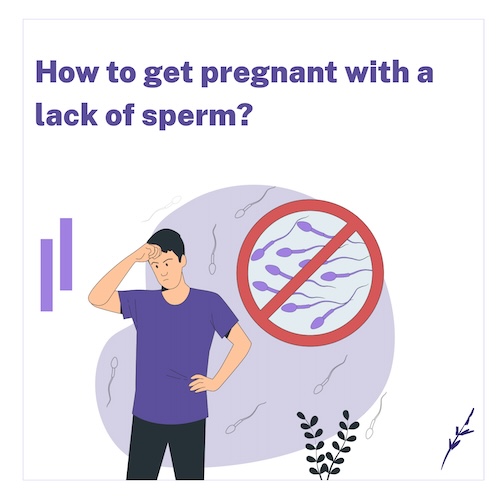Alternative methods for pregnancy in case of lack or absence of eggs
Lack of eggs or lack of ovulation (anovulation) has a direct and major effect on women’s fertility, because in order to get pregnant, the presence of eggs is necessary for fertilization with sperm. If ovulation is not done, pregnancy is not possible naturally. Causes of anovulation can include hormonal issues, premature ovarian failure, genetic problems, or certain diseases such as polycystic ovary syndrome (PCOS).
The effect of egg loss on fertility:
Impossibility of fertilization: Without an egg, the sperm has no cells to fertilize, so the natural process of pregnancy cannot occur.
Menstrual disorders: Women with anovulation usually have irregular or missed periods, which indicate problems with the ovaries.
Alternative ways to get pregnant in case of lack of eggs:
Ovulation Induction:
In cases where the ovulation problem can be treated, ovulation stimulation drugs such as Clomid or Letrozole are used, which help to increase the production and release of eggs. (These drugs are prescribed according to the conditions of each person, and their wrong use has bad consequences)
Gonadotropins (such as FSH and LH) may also be used as hormone treatments.
In vitro fertilization (IVF) with a donor egg:
In cases where the ovaries have completely lost the ability to produce eggs, using donated eggs is an effective option. In this method, the egg is taken from a donor, fertilized with the sperm of the spouse or the person in question, and the resulting embryo is transferred to the uterus of the mother or the applicant.
Artificial insemination with one’s own egg:
If the problem of ovulation is irregular, after stimulation of ovulation, eggs are removed by IVF method and then fertilized with sperm. These embryos are later transferred to the uterus.
Surrogacy:
In cases where, in addition to the absence of eggs, there are also uterine problems, a surrogate may be used. In this method, the donated egg is fertilized with sperm and the embryo is implanted in the surrogate’s uterus to complete the pregnancy.
Egg freezing:
For couples who do not intend to conceive in the long term, healthy eggs may be collected and frozen before their number decreases (for example, due to aging or cancer treatment) to be used for pregnancy in the future.
Summary
We suggest that if you are close to 35 years old and do not intend to get pregnant soon, do an ovarian reserve test. If you have a special disease and are undergoing heavy treatments, be sure to freeze eggs with the doctor’s advice.



